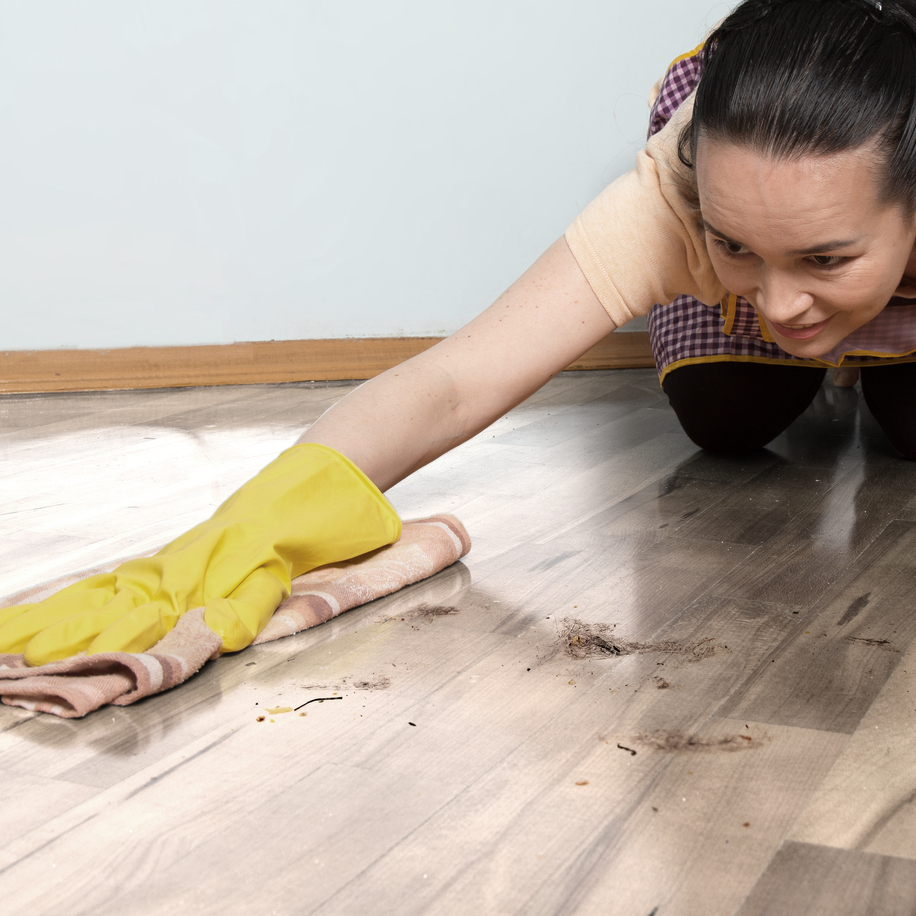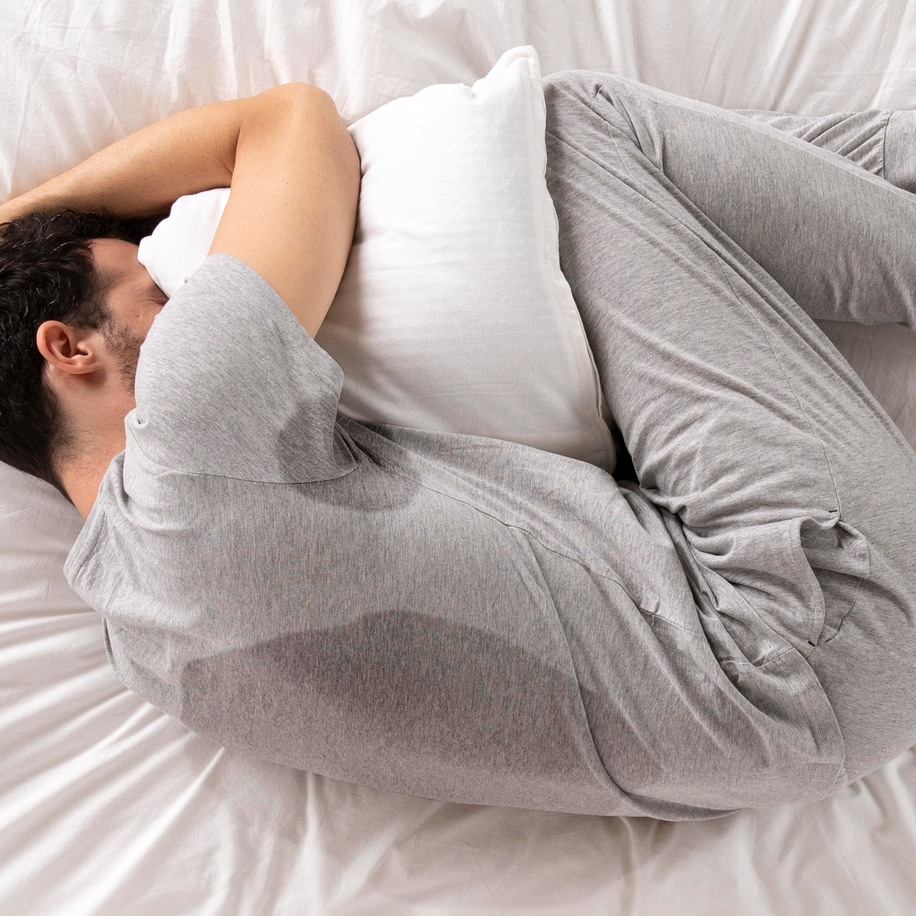Conquering Bad Odour: 8 Workable Home Solutions
To Prevent or Eliminate Odours
Table of Contents:
Durian, the king of fruits. Whether you love it or hate it, it is a must try challenge for the millions of travellers to Asia. The unforgettable odour is so powerful and distinctive; that it is banned in buildings and public transport around the world. There were several cases in Australia that firefighters were rushed to buildings and neighbourhoods for reported gas leaks only to find out the source is from the king of fruits itself. Another fruit that is also loved by many Asians is the Jackfruit which has a distinctive musky smell.
In general, most Asians love flavourful food. Have you ever followed the savoury scent of a home-cooked meal to its source, only to find yourself overwhelmed by a dense cloud of smoky air? In many Asian cultures, cooking at home is a beloved tradition, with bold and flavourful dishes that can make your mouth water. But without proper ventilation, how do you remove the smell from your home?
Getting rid of odour can be a challenge, especially once it has penetrated fabrics. But don't worry, there are effective measures to freshen the air in your house, so you can continue to enjoy cooking your favourite dishes and satisfy your durian cravings without any worries. In this article, we will identify some common causes of unpleasant odours and explore the best methods to eliminate them.

What’s the smell? Common causes of stinky odours in your house
Unpleasant odours in a home are often caused by neglecting cleanliness and maintenance.
Here are some bad practices you need to avoid.
1. Fruits
Two of Asia's best delights, durian and jackfruit are known for their pungent smell, which many people find unpleasant. If you have these fruits in your home, the odour can quickly spread and linger for quite a long time.
Tips*:
Shell removes smell! Did you know that washing your hands with the inner part of the durian shells works? The shell acts as a deodoriser which neutralises the smell of durians. According to research, a deodorising compound called 5-HMF is created from the seed through two stages of chemical reactions called hydrolysis and dehydration. As for storage, use an airtight container to store pungent fruits. Always open the windows to ventilate your house when eating durian or jackfruit.1
2. Damp dirty laundry
Clothes that are piled up and left unwashed can develop a strong, unpleasant odour, especially workout clothes or damp towels.
Tips*:
Don’t pile up, wash up! Washing your clothes on time regularly not only can get rid of musky odour but also prevent bacteria from inhibiting in and around your washing basket.
3. Pet odours
If you have a cat or dog that is not groomed and their bedding or litter box is not cleaned regularly, pet odour can easily permeate your home.
Tips*:
Bathe them, groom them! According to the America Society for the Prevention of Cruelty to Animals, it is recommended to bathe your dog once every three months.2 Other factors like time spent outdoors, type of coat and skin conditions must be taken into consideration as well. As for cats, a good rule of thumb is once every 4 - 6 weeks, recommended by the National Cat Groomers Institute of America.
4. Spoiled food
Spoiled food can quickly create a foul odour in your home. In addition, expired food, beverage or cooking sauces on your kitchen shelves or fridge can emit an overpowering smell.
Tips*:
Stop slacking and start checking: When it comes to food, don’t take the chance. Check the fridge and kitchen cabinet for expired products and bin them immediately in the outdoor garbage bin to prevent bacteria and unpleasant odours from filling the air in your house.
5. Garbage
Garbage smells as it contains decaying materials such as meat and vegetables. As meat decays, it attracts bacteria that feast on the amino acids in the meat’s proteins.
Vegetables can also rot and liquefy as microbes attack its cell structure.
Tips*:
Besides clearing your garbage bags frequently, you can try putting cat litter, baking soda, citrus peels, or a few chunks of charcoal at the bottom of your trash cans to absorb the unpleasant smell.
6. Sweat
When bacteria on your skin mixes with sweat, it causes odour. Factors that affect body odour include exercising, medical condition, food intake, stress or anxiety, hot weather, overweight and genetics.
Tips*:
Keep your skin clean by taking a shower with antibacterial soap and wash and wear clean clothes regularly. You can also pay attention to specific food that may cause body odour e.g., garlic, onions, and alcohol.
7. Cigarette
Smoking is harmful to smokers as well as people around you. The lingering cigarette odour comes from nicotine residual and other chemicals that are left on surfaces by tobacco smoke and tends to cling on items like clothes, furniture, carpet, walls and on your skin.
Tips*:
Try sprinkling baking soda on areas that reek of smoke on fabric covered surfaces. Leave it for a day before vacuuming the area. You can also add some baking soda together with your washing detergents to remove cigarette odour from your clothes.
8. BBQ
In Asia, we love eating out at restaurants and most of the time after a happy meal at our local eateries, satay, hotpot or teppanyaki restaurants, the smell of food stays on our clothes even after leaving the restaurant.
Tips*:
Steam is great in eliminating smell on clothes. While running a hot shower, hang your clothes nearby. The steam will relax the fabric fibres and release any unwanted odours. If you are in a hurry, use a steam iron instead. Another quick fix is adding 5 drops of lemon juice into 200ml of water. Spray on your clothes and put it in a ventilated place for the odour to evaporate.

The 3 types of smells you should take caution
Some smells could indicate life-threatening situations. Take precautions and inspect your house when inhaling the following smells:
1. Gas
If you smell gas in your home, it could indicate a gas leak, which is a potentially dangerous situation.
Tips*:
Turn off the gas supply, open all the windows and leave the house immediately. Contact your gas company or emergency services to report the leak.
2. Musty/mouldy
A musty or mouldy smell from the fungi can cause bad sneezing, allergies, or respiratory issues.
Tips*: If you detect a musty smell, investigate the source, and address any moisture issues or wet areas in your house to curb the mould from spreading.
3. Burning or smoke
If you smell something burning in your home, it could indicate a fire. If you see smoke or flames, evacuate the home immediately and call emergency services.
Tips*: A burning smell could indicate an electrical issue or malfunctioning appliance that could start a fire. Address the source of the smell immediately to prevent a potential disaster.
* It's important to remember that tips given should be approached with caution and at your own risk. While they may work for some people, everyone's situation and circumstances are different. It's always wise to do your own research and consider the potential risks and consequences before implementing any suggestions.

8 workable home solutions to prevent or eliminate odours
1. Brush and vacuum
Regular cleaning, vacuuming, and brushing upholstery helps to neutralise scent molecules that are stuck in your carpet, sofa and curtains.
2. Baking soda
Baking soda is a natural deodoriser and can help absorb bad smells. Sprinkle some baking soda on carpets, furniture, or in the fridge to help eliminate odours.
3. Vinegar
Vinegar is another natural deodoriser that can help eliminate bad smells. Mix equal parts water and vinegar in a spray bottle and use it to clean surfaces in your home.
4. Coffee Grounds
Coffee contains nitrogen, which helps in neutralizing odours in the air quickly. You can put them in a jar or a bag and place them in fridges, cupboards, shoes to defuse odours.
5. Tea
Tea leaves have been known to have antibacterial properties and are very good moisture absorbers. Just scatter tea leaves or place tea bags into your trash bin, in your shoes as they will absorb and neutralize any foul odour.
6. Steam
Steam is excellent in removing odours. The heated steam loosens fibres in fabric to remove odours. Not only that, but it also helps to remove bacteria, germs, allergens and some stains too.
7. Air purifiers
Air purifiers can help remove pollutants and odours from the air in your home. Air purifier with a HEPA filter can help to remove small particles while a carbon filter will help remove odours.
8. Air fresheners
Air fresheners can help mask bad smells in your home. Look for an air freshener that doesn't contain harsh chemicals or artificial fragrances.
Maintaining clean air indoors is crucial for both your physical and mental health. Fresh air can help enhance breathing and overall well-being, making your home a more comfortable and pleasant place to be. By prioritising good indoor air quality, you can enjoy the many benefits of a healthy home environment.

Powerful odour inhibition with nanoe™ X air purification system
nanoe™ X technology generates large amounts of nano-sized water particles containing hydroxyl radicals into the air. These highly reactive particles can bind and inhibit odour-causing substances that are embedded deep into surfaces such as fabrics, curtains and sofa keeping the air fresh and clean as well.
Studies have shown nanoe™ X can reduce intensity of cigarette smoke odour by 2.4 levels in 12 minutes and BBQ odour intensity by 1.2 levels in 2 hours.3
Utilizing products equipped with nanoe™ X technology greatly improve the overall indoor air quality, creating a more pleasant environment free from unwanted, lingering smell.
To learn more about Panasonic nanoe™ X click here.
Latest Articles








